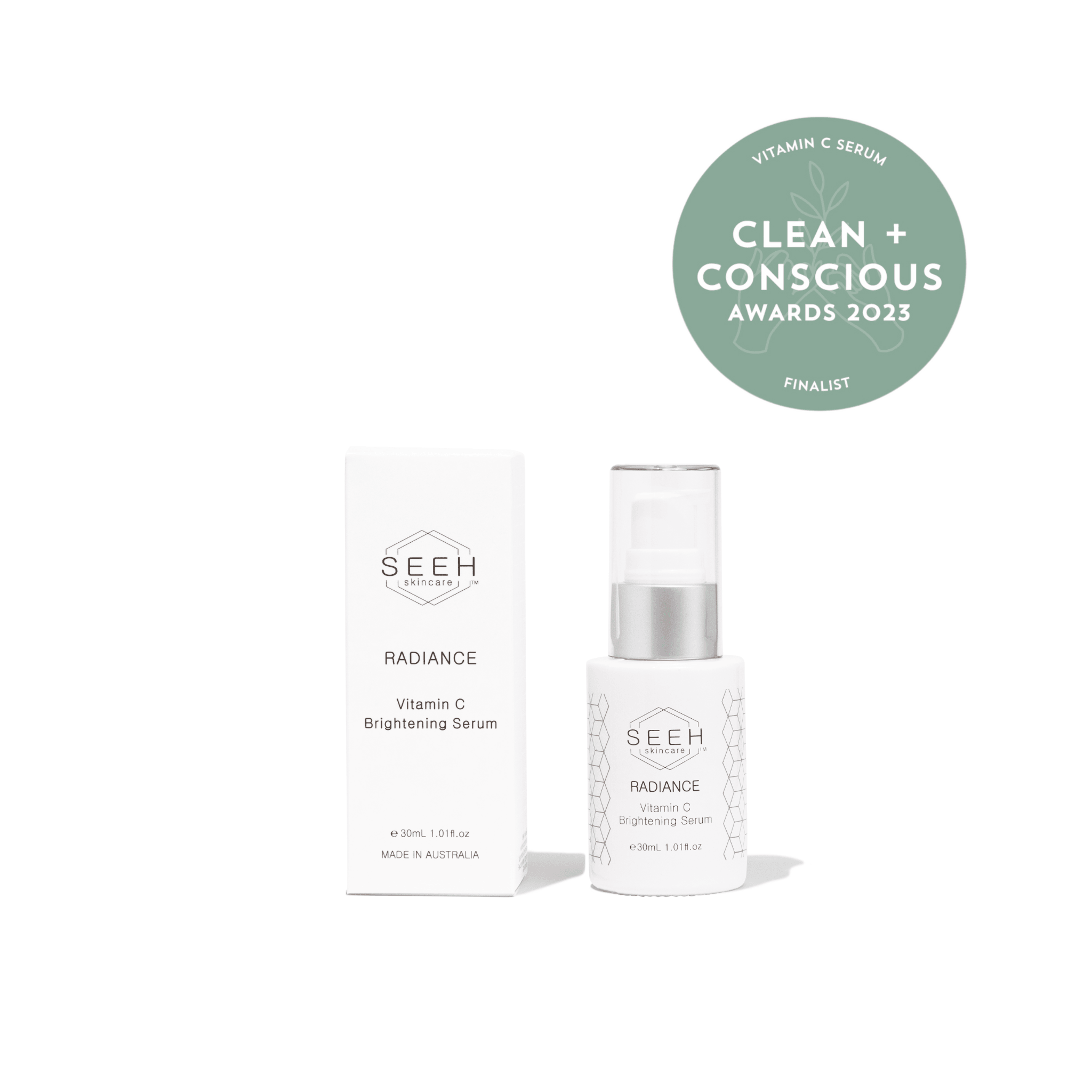I’m sure you've seen these masks all over the beauty world, but did you know that the technology was originally developed by NASA to grow plants in space? Now they are a common feature in salon, spas and night stands alike – but do they actually work?
What is it?
LED stands for light-emitting diode and they were originally developed to grow plants in space – crazy! Since then the technology has been used for wound healing and tissue regeneration, and now by aestheticians all over the globe as a non-invasive treatment for a number of skin concerns like acne, pigmentation and wrinkles.
Importantly it does not contain UV rays which was one of my initial concerns, meaning its not at all like those tanning beds of the past. Unlike chemical peels or laser therapy, LED light therapy does not cause burns and there is no ‘downtime’. The treatment is also safe for all types and colours of skin.
How does it work?
Different colours of light, e.g. blue and red light, exist due to their different wavelengths. Each wavelength can penetrate the skin to different depths – cue my PTSD from Year 12 physics. The easiest way to describe it is to think about the ingredients in skincare – different sized molecules will penetrate the skin at different levels, the smaller they are the deeper they will go, and where they go will impact the biological processes they trigger.
This is why different colours are suggested for different skin concerns:
- Blue light is thought to reduce the production of oil to improve breakout and acne
- Red light is thought to improve skin damage like scarring, reduce inflammation, reduce the appearance of ageing (fine lines and wrinkles) and encouraging collagen production
Some dermatologists have also stated that the light “excites chemicals within acne-causing bacteria to the point of death” which helps to alleviate breakouts and acne.
People can choose to have LED light therapy at a dermatologist’s office, beauty salon or use a lower grade device at-home device.
Does it work?
From the research I’ve done it does seem that LED light therapy devices can improve a range of skin conditions, especially when used consistently and complimented with an active skincare routine.
However, it can be expensive. It is important to know that when thinking about starting LED therapy you will need to have continuing treatments to see results. That is why many people now opt for at-home devices – both for the cost and the convenience factor. The added benefit is that you can use them more frequently. Given acne causing bacteria can replicate very quickly, at-home devices may even work better than professional treatments if you are trying to beat the breakouts.
However, it is really important to note that in 2019 the TGA did recall the Neutrogena Visibly Clear Light Therapy Acne Mask over concerns of potential eye damage. For those small number of people with eye-related disorders, there were concerns that repeated exposure could cause irreversible retinal damage and other adverse vision related effects. So my caution, if you want to try it at home, is to ensure that the mask comes with an inbuilt protective eye shield.
In Summary
LED light therapy appears to be a safe treatment (so long as you get the eye protection!) and a nice add-on if you have skin conditions that really bother you including acne, skin ageing, skin wounds or other problems.
The main issue with these masks is consistency – like with any skincare regime it pays to create a routine and to be consistent and patient with it.
I’ve only had an at-home device for a few months now and only used it a handful of times because life often gets in the way. But when I used it consistently for 4 weeks I think I saw an improvement in my pigmentation and a reduction in redness. However, I will note that I was also using a Vitamin C serum so maybe it was a combination effect – the jury is still out for me.
LED Therapy certainly doesn’t replace a good skincare routine, but it can compliment one.
As always, let me know if you have any questions
Kim xx
























































